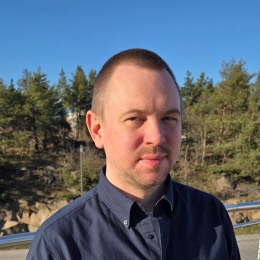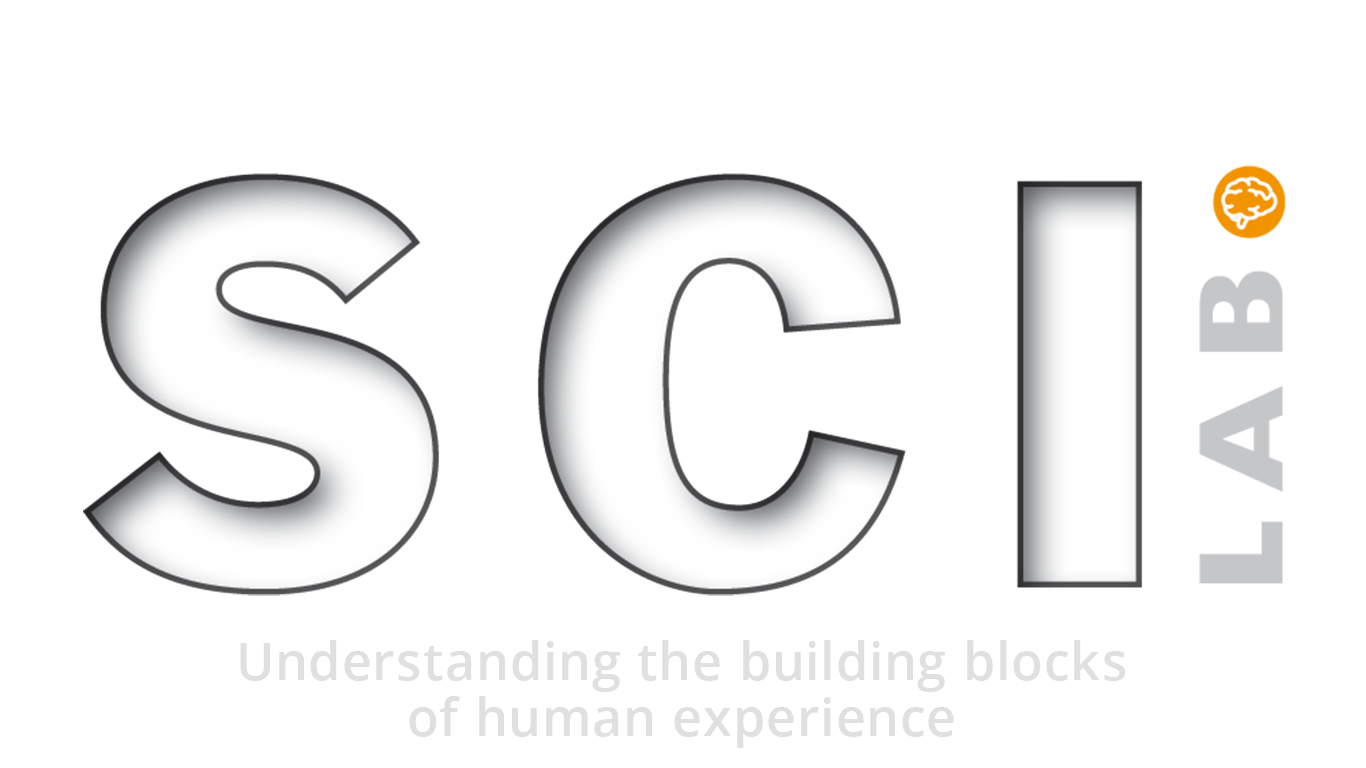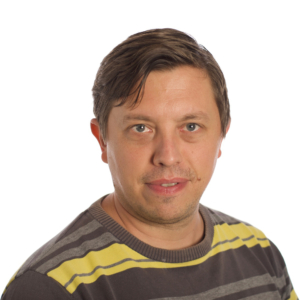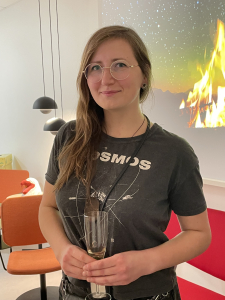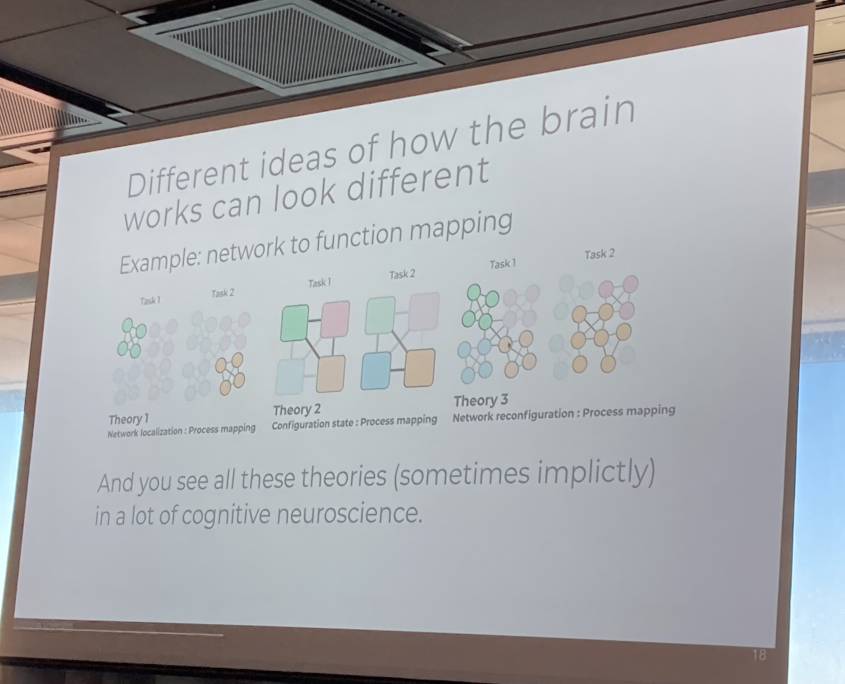New Research Assistant
Billy joins us, working as a research assistant to help with running Thomas Hörberg’s project: ”Building a cross-cultural semantic framework for odor vocabularies.” Billy has a PhD in psychology from Stockholm University, on the neural correlates of consciousness in hearing, using EEG.
